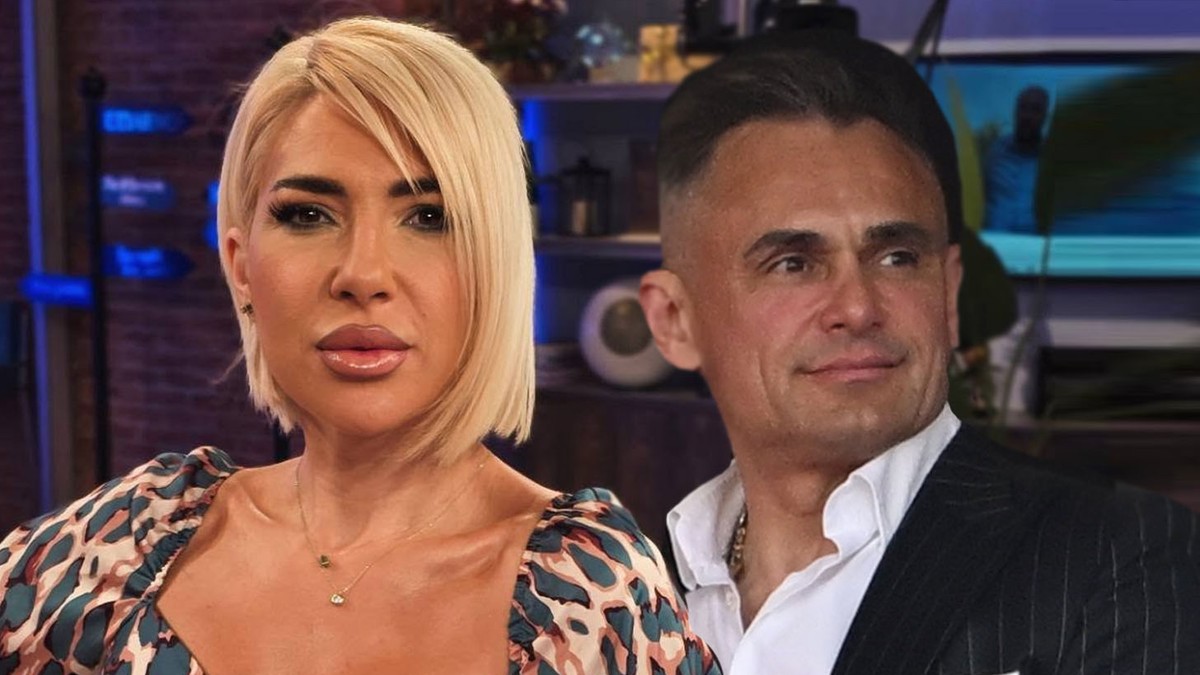The main topic of the article is the long-standing conflict between musicians Bora Đorđević and Đorđe Balašević, which has lasted for several decades. The conflict began in the 1970s due to disagreements over the song “Lutka” and the breakup of the band Rani Mraz. Although both musicians spoke about the absence of hatred, they never reconciled. Đorđe Balašević avoided commenting on the conflict in his later years, while Bora Đorđević remained clear and outspoken about his views. The topic is presented in the context of their musical careers and personal relations, with no official reconciliation before Balašević’s death.
Political Perspectives:
Left: Left-leaning sources tend to emphasize the cultural and artistic contributions of both musicians, highlighting the tragic nature of their unresolved conflict and the impact it had on the music scene. They may also focus on the human side of the story, portraying the conflict as a personal tragedy rather than a political or ideological dispute.
Center: Center-leaning sources report the facts of the conflict straightforwardly, focusing on the timeline of events, the reasons behind the split, and the public statements made by both artists. They present a balanced view without taking sides, emphasizing the professional and personal aspects of the dispute.
Right: Right-leaning sources might highlight the strong personalities and outspoken nature of Bora Đorđević, sometimes framing the conflict in terms of ideological differences or cultural values. They may also stress the lack of reconciliation as a symbol of integrity or steadfastness in personal beliefs.



















